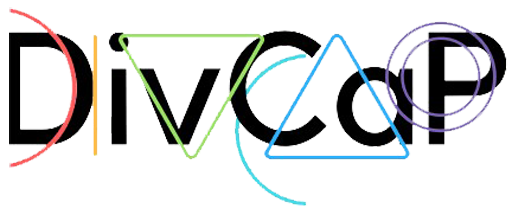What does being excluded mean? Have you ever tried calling a local service only to realize they don’t speak your language? Ever needed to get more information on a course you really want to enrol in but there is no way for you to communicate with the staff? Or better yet getting to join a course, probably even pay for it in advance just to find out you don’t have access to the material or even the building? Although it is not always easily spotted, exclusion is something that a lot of individuals have to face in daily bases. It would take pages and pages to mention all the reasons a person can be left out from the majority of mainstream organisations.
Something that is very important to be said is that access and equal rights are not guaranteed for a large amount of people in a variety of situations. Educational institutions are not different. The project “DiversityCapacities [ DivCap]” pursues the promotion of inclusion and diversity in adult education. DivCap aims to detect and identify the problematic practises of the way educational institutions operate and propose new, more effective ways of implementing inclusive policies and practises not only in a classroom setting but across the entire field of Adult Education. Through an extensive approach and in collaboration with several partnering organisations the suggested tools are being put into use for a better understanding of their effectiveness in real life application. The plan is to develop management tools and guiding structures which could be used to support and promote diversity and inclusion in all levels of the relevant institutions.
Recognising the problem and facing the reality will only bring us closer to the solution. If we were to take a moment to think of how diverse the world is, then we would probably realize how people can have so many different needs and preferences. Accommodating them should be one of the first concerns of educational institutions. It should be our priority to make everyone feel welcome and insure the equal participation and the representation of minorities and vulnerable groups in the society. Creating environments in which the differences that come with individuality are encouraged and celebrated will not only benefit the individual but the community as a whole. Realisation and awareness is the first step to an inclusive and diverse future and that is the future we all should be working towards.

